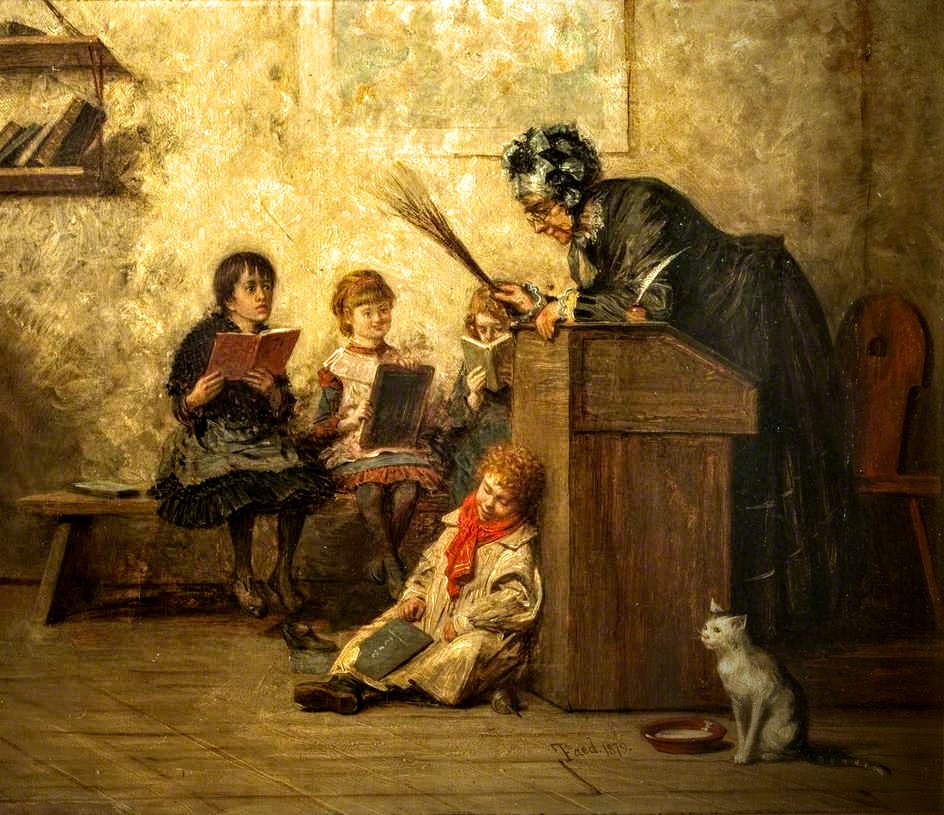Generative Grammar
Generative grammar is a linguistic theory that regards linguistics as the study of a hypothesised innate grammatical structure. A sociobiological modification of structuralist theories, especially glossematics, generative grammar considers grammar as a system of rules that generates exactly those combinations of words that form grammatical sentences in a given language. The difference from structural and functional models is that the object is placed into the verb phrase in generative grammar.
This purportedly cognitive structure is thought of being a part of a universal grammar, a syntactic structure which is caused by a genetic mutation in humans.
Generativists have created numerous theories to make the NP VP (NP) analysis work in natural language description. That is, the subject and the verb phrase appearing as independent constituents, and the object placed within the verb phrase. A main point of interest remains in how to appropriately analyse Wh-movement and other cases where the subject appears to separate the verb from the object. Although claimed by generativists as a cognitively real structure, neuroscience has found no evidence for it. Due to its nonstandard view of the brain, some researchers have called the scientific premises of generative grammar into question
